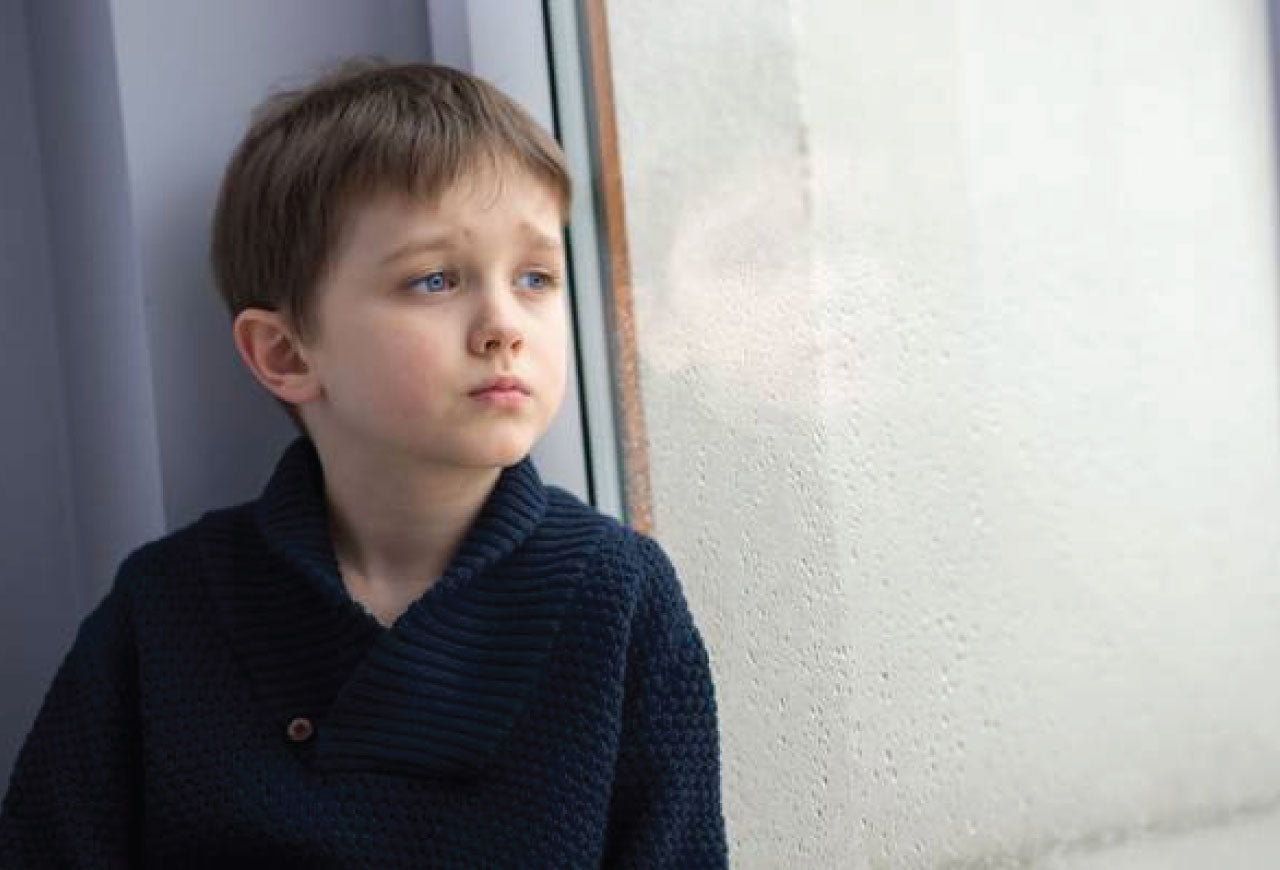This content is a summary of an article published by the NZ Herald on November 13, 2019.

Research shows that all it takes is one hour of screentime for children to be at a higher risk of experiencing depression and anxiety. Other symptoms can begin to show as early as pre-school with an inability to “calm down when excited” and anger management challenges. As they grow, children are also displaying patterns of low interest in learning (11-13 year-olds) and an inability to complete tasks (14-17 year-olds).
The suggested response of researchers, as well as the American Academy of Pediatrics’, to prevent mental health symptoms and promote well-being, is for parents and teachers to limit children’s access to screens: no more than one hour a day for 2-5-year-olds and two hours a day for children and adolescents.
Learn more by reading the original article: READ FULL ARTICLE

Research shows that all it takes is one hour of screentime for children to be at a higher risk of experiencing depression and anxiety. Other symptoms can begin to show as early as pre-school with an inability to “calm down when excited” and anger management challenges. As they grow, children are also displaying patterns of low interest in learning (11-13 year-olds) and an inability to complete tasks (14-17 year-olds).
The suggested response of researchers, as well as the American Academy of Pediatrics’, to prevent mental health symptoms and promote well-being, is for parents and teachers to limit children’s access to screens: no more than one hour a day for 2-5-year-olds and two hours a day for children and adolescents.
Learn more by reading the original article: READ FULL ARTICLE




